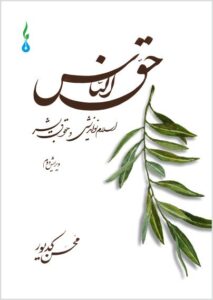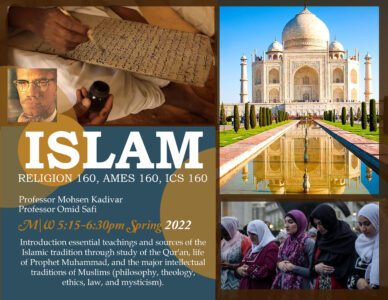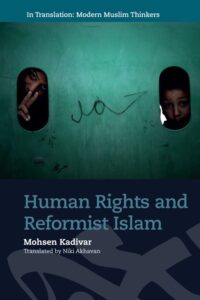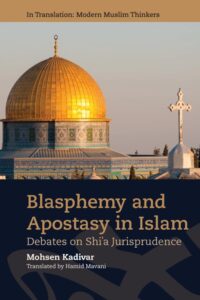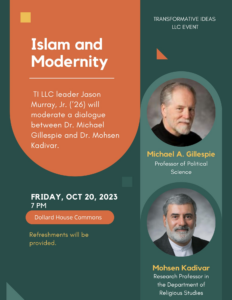
Islam and Modernity
Crossroads: Islam and the Theological Origins of Modernity. Transformative Ideas: A Dialogue between Michael A. Gillespie (Professor of Political Science) and Mohsen Kadivar (Research Professor in the Department of Religious Studies): How did Western Europe arrive at modernity? Islam’s perspective on modernity, including what philosophical movements responded to nominalism and modernity on a theological level, and how Islamic societies and peoples have more broadly responded. How Western and Islamic perspectives are coming into closer contact, particularly with immigration to Western Europe and the global human rights framework that has arisen.


